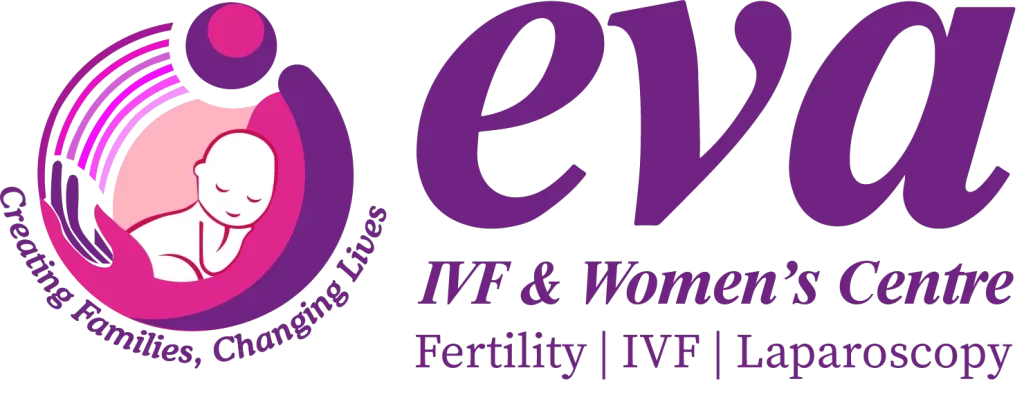The PCOD – Dangers and solutions
What is PCOD?
PCOD stands for Polycystic Ovarian Disease—it is an illness that occurs in women’s ovaries, especially during their reproductive years. It messes with their hormones and makes their periods all wonky, throwing in some acne and extra hair too.
PCOD has more than one cause, the causes include genetics and lifestyle choices. Scientists believe that genetic predisposition appears to play a role because it is true that individuals with a family history of PCOD have an increased risk. It is also known that lifestyle choices have an effect because women who eat diets that are high in refined carbohydrates and sugars suffer from insulin resistance which is a common feature in PCOD.
Why is PCOD Dangerous?
- Infertility:
- Metabolic issues:
- Cardiovascular risks:
- Endometrial cancer:
- Gestational diabetes and pregnancy complications:
What are the Solutions for PCOD?
Treating PCOD is difficult, but with some lifestyle changes and by taking help from certain medications, it is possible.
Lifestyle Changes:
- Regular physical activity:
- Fundamental for managing PCOD.
- Improves insulin sensitivity and hormonal balance.
- Balanced diet:
- A crucial component of PCOD management.
- Supports overall health and helps regulate menstrual cycles.
- Weight management:
- Weight loss, if applicable, improves insulin sensitivity.
- Enhances menstrual regularity and hormonal balance.
Medications:
- Birth control pills:
- Clomiphene citrate:
- Spironolactone:
